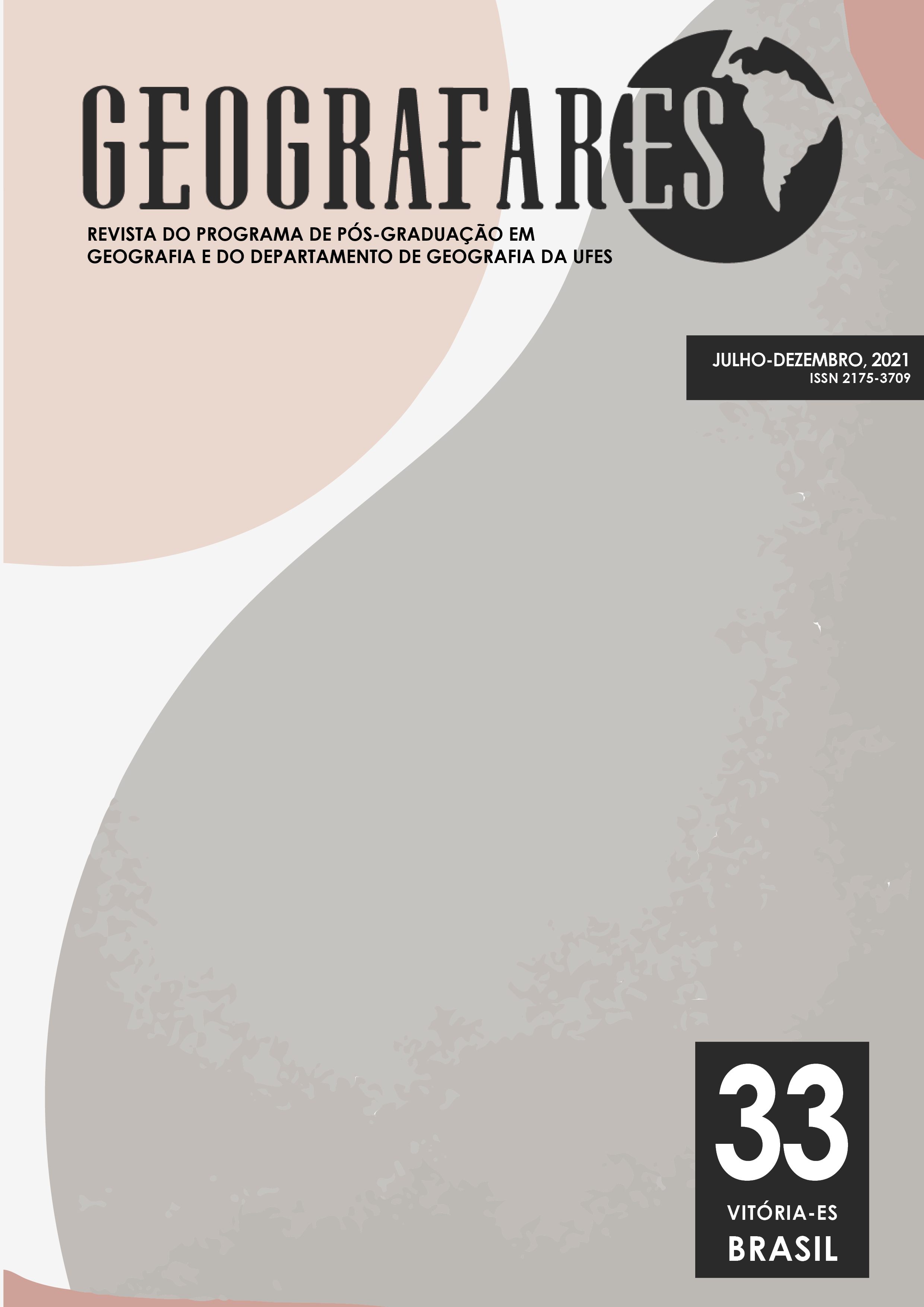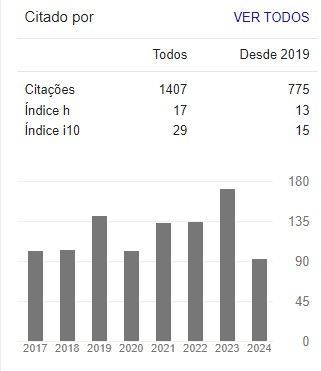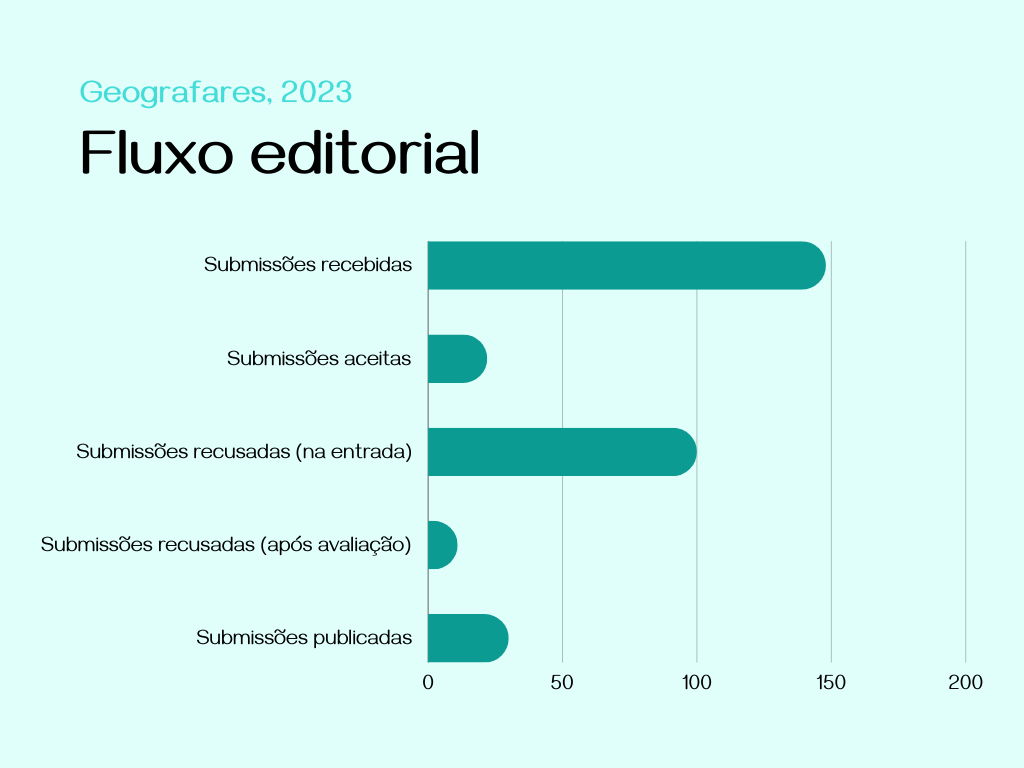Book Review: Geopolítica Ambiental: A construção ideológica do Desenvolvimento Sustentável (1945-1992) [Environmental Geopolitics: The Ideological Construction of Sustainable Development (1945-1992)], by Leandro Dias.
DOI:
https://doi.org/10.47456/geo.v1i33.37189Keywords:
Desenvolvimento sustentável, Geopolítica ambiental, Rio 92Abstract
This book is the result of a doctoral thesis defended, in 2011, at the Instituto de Geociências da Universidade Estadual de Campinas [Geosciences Institute of the State University of Campinas] – UNICAMP, which received an Honorable Mention from the Capes Prize [Menção Honrosa do Prêmio Capes] in 2012. The author reveals in this book the process of the United Nations Conference on the Environment and Development (UNCED) and the Forum of Non-Governmental Organizations and Social Movements – Global Forum, in 1992. Leandro Dias, thus contributes to revealing the intricacies of the Conference and the resulting Agenda, analyzing, among other things, the global geopolitics of sustainable development. This book it is an indispensable reading to understand how major events change the dynamics of social and socio-environmental processes.
Downloads
References
Leandro Dias. Geopolítica Ambiental: A construção ideológica do Desenvolvimento Sustentável (1945-1992). Rio de Janeiro: Autografia, 2019.
Downloads
Published
How to Cite
Issue
Section
License
Copyrights Declaration
Authors who publish in the journal agree with the following terms:
- Authors will keep their copyrights and grant the journal the right to their first publishing, simultaneously licenced under Creative Commons Attribution License which allows sharing their work with authorship recognition and initial release through this journal.
- Authors may sign additional contracts separately diffusing a non-exclusively version of the paper published in this journal (i.g. publishing in institutional repository or as a book chapter), once citing the authorship and initial release through this journal.
- Authors are encouraged to publicize and diffuse their paper online, for example onto institutional repositories or on their personal websites.



























